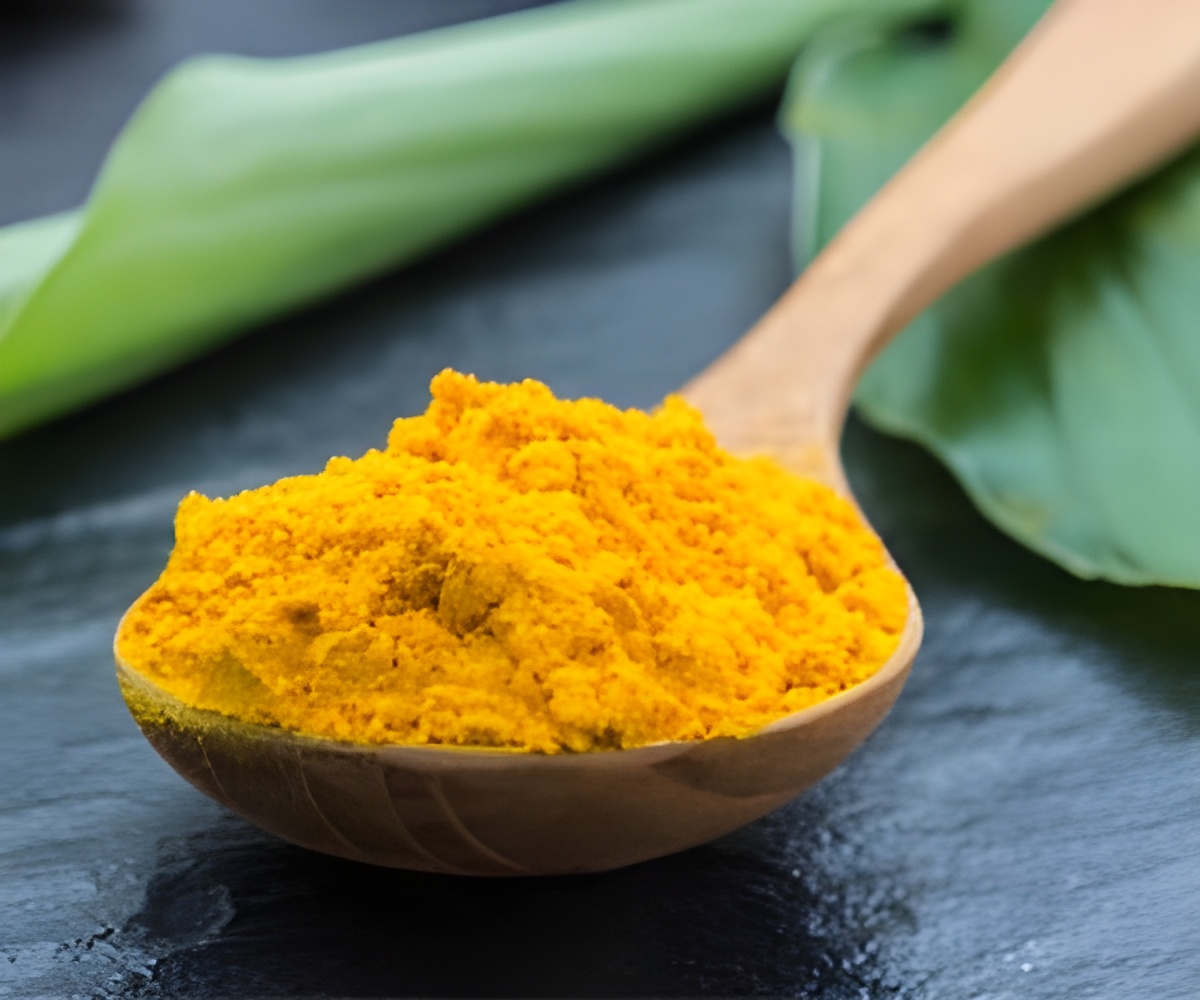Curcumin, the spice of life is delivered effectively into human cells via tiny nanoparticles, said researchers from the University of South Australia (UniSA), McMaster University in Canada and Texas A&M University.

The failure of the body to easily absorb curcumin has been a thorn in the side of medical researchers seeking scientific proof that curcumin can successfully treat cancer, heart disease, Alzheimer's and many other chronic health conditions.
Now, researchers from the University of South Australia (UniSA), McMaster University in Canada and Texas A&M University have shown that curcumin can be delivered effectively into human cells via tiny nanoparticles.
Sanjay Garg, a professor of pharmaceutical science at UniSA, and his colleague Dr Ankit Parikh are part of an international team that has developed a nano formulation which changes curcumin's behaviour to increase its oral bioavailability by 117 per cent.
Co-author Professor Xin-Fu Zhou, a UniSA neuroscientist, says the new formulation offers a potential solution for Alzheimer's disease.
The same delivery method is now being tested to show that curcumin can also prevent the spread of genital herpes.
"Curcumin can stop the genital herpes virus, it helps in reducing the inflammation and makes it less susceptible to HIV and other STIs," Prof Garg says.
Source-Eurekalert
 MEDINDIA
MEDINDIA




 Email
Email








